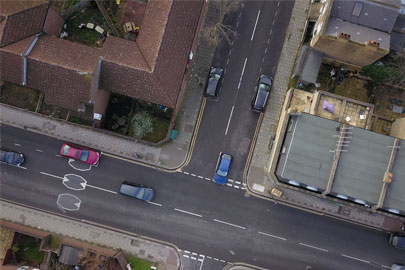
FAQ's
Private investigators offer a wide range of services, including background checks, surveillance, missing person investigations, infidelity investigations, asset searches, fraud investigations, romance frauds and corporate investigations. We also provide specialised services such as digital forensics, security and undercover operations.
Yes, private investigators are legally allowed to conduct surveillance as long as they follow local laws and regulations. They must respect privacy laws and cannot trespass on private property or use illegal methods to obtain information.
Private investigators gather information through various methods such as surveillance, public records searches, interviews, social media analysis, and using specialized equipment like cameras and GPS trackers. They also leverage a variety of open-source databases and networks to obtain relevant information.
Yes, private investigators can assist with court cases by gathering evidence, locating witnesses, conducting interviews, obtaining witness statements and providing expert testimony. Their findings can be crucial in both criminal and civil cases.
The cost of private investigation services varies depending on the complexity of the case, the duration of the investigation, and the resources required. Rates can start from £50 per hour, with some investigators charging flat fees for specific services, or an agreed day rate. Disbursements and out of pocket expenses incurred are usually charged at cost.
The duration of an investigation depends on the nature of the case and the information being sought. Some investigations can be completed in a few days, while others may take weeks or even months. The investigator will provide an estimated timeline based on the case specifics.
Yes, the findings of a private investigator are confidential and are only shared with the client. Private investigators are bound by confidentiality agreements and professional ethics to protect the privacy of their clients and the information obtained during the investigation.
Private investigators have access to certain public records and databases, but they cannot access private records without proper authorisation. They use legal means to gather information and must comply with privacy laws and regulations and in particular the Data Protection Act.
When hiring a private investigator, look for someone who holds membership to a professional body such as the Association of British Investigators (ABI) of which Vanguard are long standing members. The ABI alone require members to be insured and registered with the Information Commissioners Office. Private investigators should have the relevant experience, and good references. Vanguards testimonials can be verified as reference to the work we have undertaken.
Vanguard are available seven days a week to answer any new enquiry and we offer a free consultation with potential clients to discuss their needs and requirements and establish budgets and costs. Following on from this, we would provide a proposal and terms and conditions. In some cases, we would accept an instruction by phone and or email when the enquiry required urgent action to be taken. Liaison between the investigation team and client will be maintained throughout the enquiry.
















